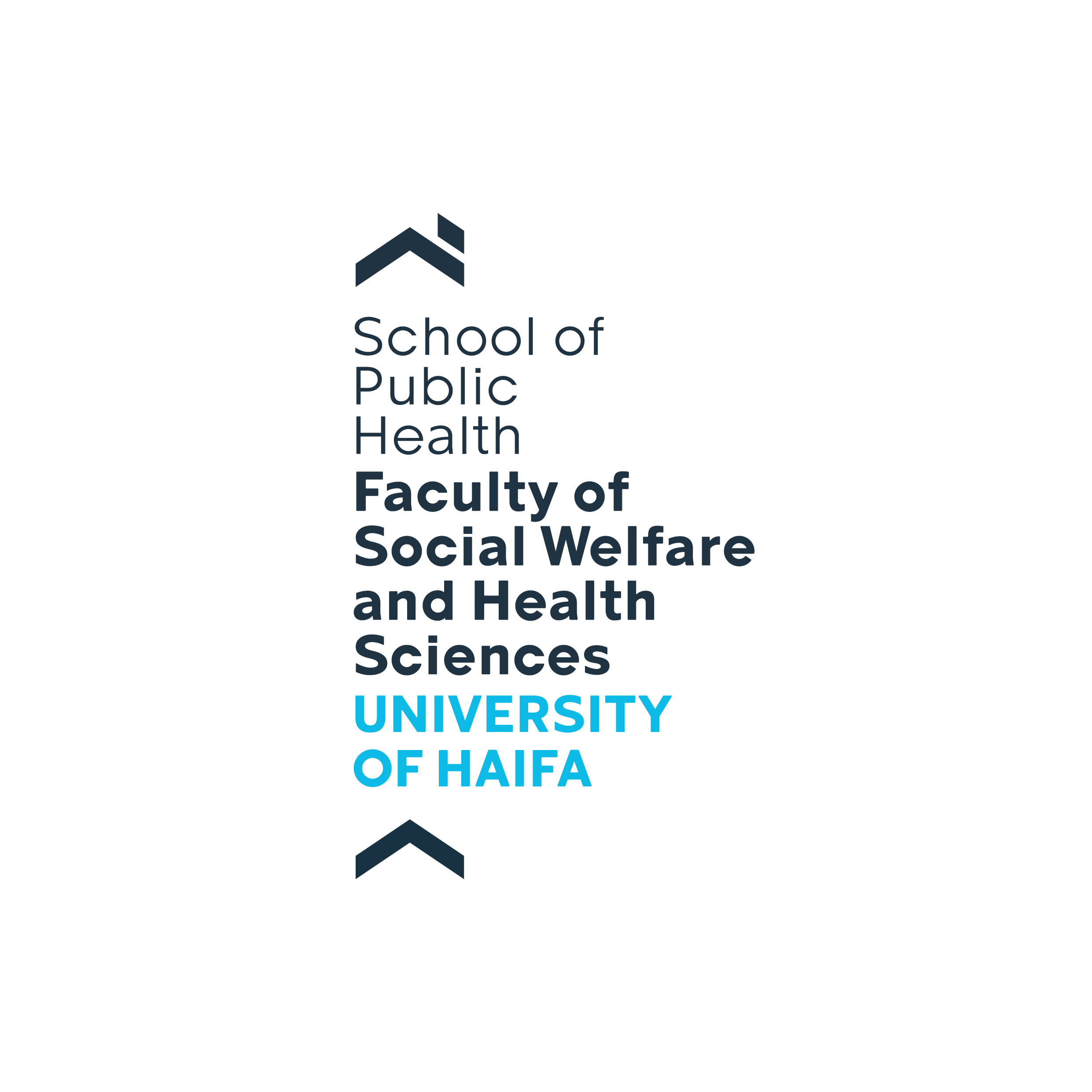Introduction to Global Public Health (2 credits): This course examines major global health challenges and introduces students to core concepts and theories in global health. Students will be introduced to the world’s vast diversity of determinants of health and disease including those related to the social, and physical environmental and health care systems.
Theories & Models of Health Behavior (2 credits): This course will provide an overview of the psychosocial determinants of behavioral risk factors that affect health. The course will address the major psychosocial models and theories used in the field of health promotion and the role of psychosocial factors in predicting a range of health-related behaviors.
Environmental & Occupational Health (2 credits): This course provides an overview of the long-term effects of environmental and occupational health risks. The course examines a variety of environmental hazards and influential factors and interactions with public health. The course also addresses workplace, community, home, regional, and global problems.
Epidemiology (2 credits): This course offers an introduction to the principles, concepts, and methods of epidemiologic research. The course will introduce the basic measures used in epidemiology and will discuss epidemiologic study design and analysis. The course will also address special topics such as outbreak investigations, screening, and the role of epidemiology in public health.
Biostatistics A/B (4 credits): This course will cover fundamental statistical concepts related to the practice of public health: descriptive statistics; probability; sampling; statistical distributions; estimation; hypothesis testing; chi-square tests; simple and multiple linear regression; one-way ANOVA. The course will also include an introduction to statistical analysis and data management software.
The Israeli Health System in a Global Context: Decision Making & Policy (2 credits): The course will discuss health systems structure, uncertainty and various decision-making models relevant to the system. After reviewing the key stakeholders in the Israeli health system, we will follow the decision-making process of various players in the system – patients, physicians, managers, pharmaceutical industry, insurers and governments. Recent news about the health system in Israel and elsewhere will be used as case studies.
Human rights, ethics and public health (2 credits): This course will address a range of issues in public health ethics concerning human rights.The first part of the course will provide an introduction to key ethical frameworks and concepts relevant to the interactions between human rights and public health. The remainder of the course will examines the impact of health policies and programs on human rights and will consider ethical dilemmas in several areas, including: 1) questions of autonomy and paternalism; 2) communicable diseases – screening, treatment, notification, quarentine; 3) health promotion & disease prevention; 4) Non-communicable diseases – smoking and obesity; and 5) research ethics.





